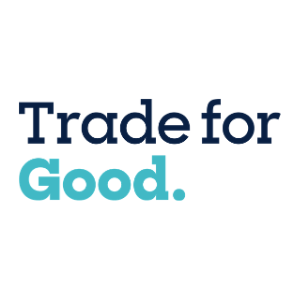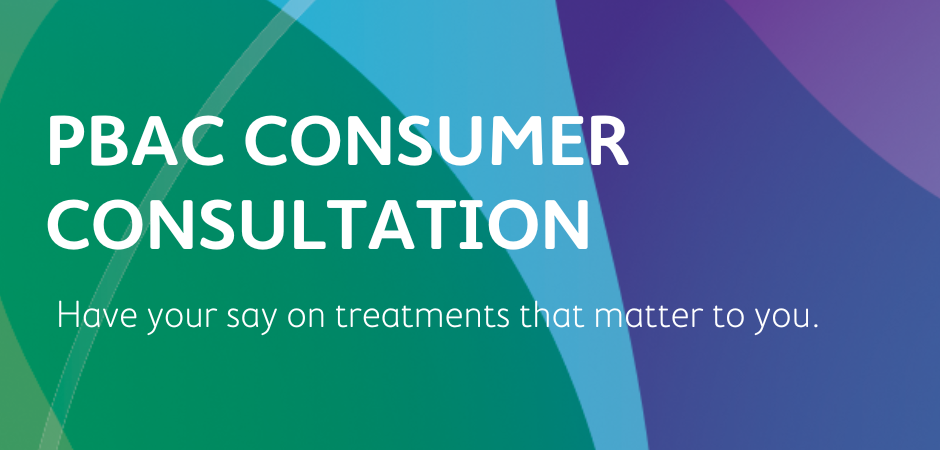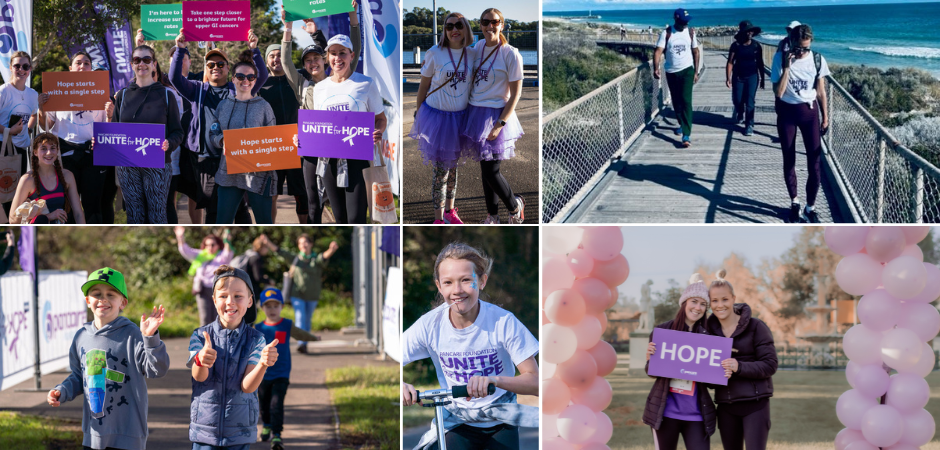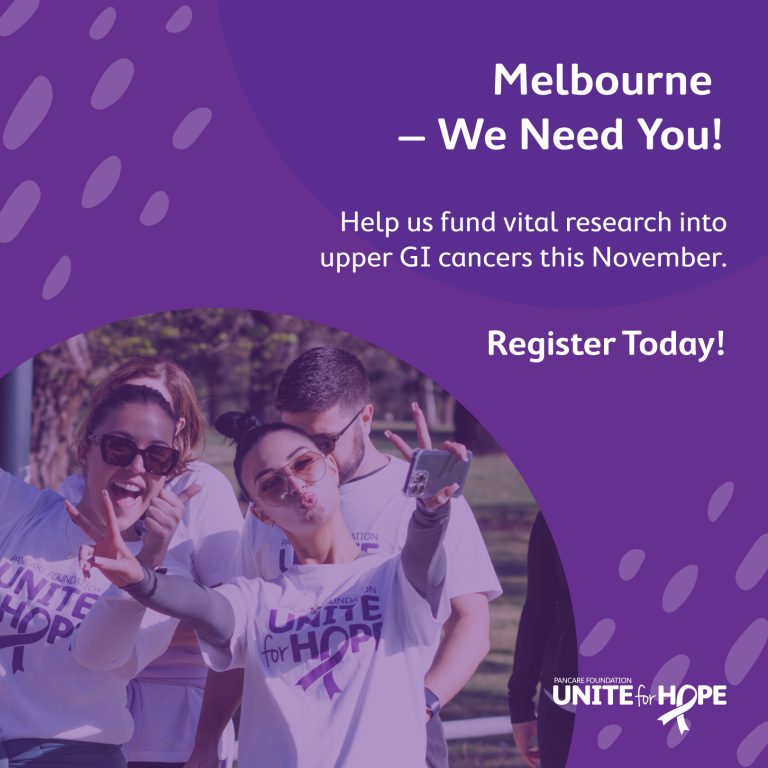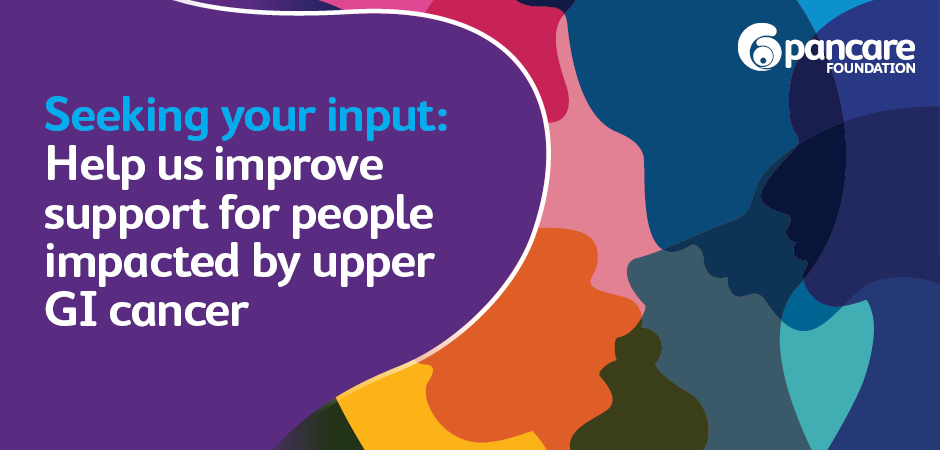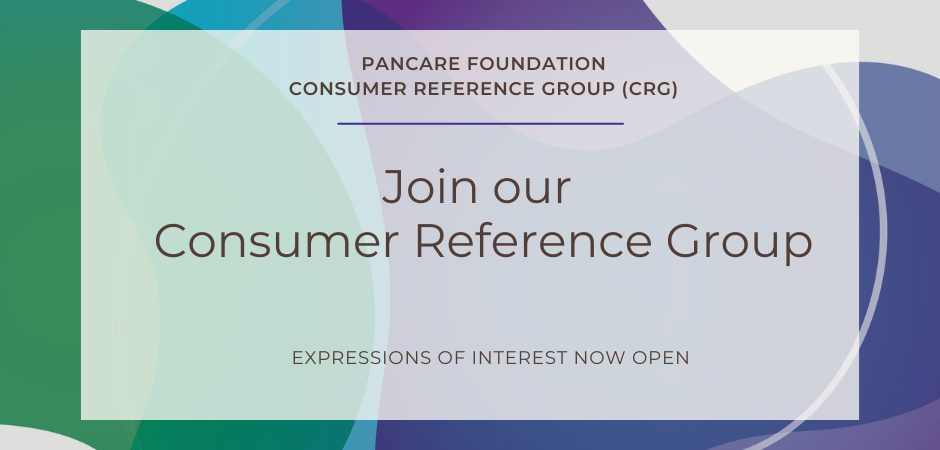
Cancer outcomes in regional Australia
In 2019 over 11,000 Australians were diagnosed with an upper GI cancer and over 8,000 Australians died from an upper GI cancer. Around half of all cancer deaths are due to rare and less common cancers including cancers supported by Pancare Foundation.
“The sad reality is that treatment outlooks are worse for patients from rural Australia, who may not be always given opportunity to receive the best treatments possible and face greater obstacles than patients in Metropolitan areas. We are committed to work with partners to demand better for rural patients and help improve and save lives.”
– Mehrdad Nikfarjam, Founder, Pancare, Pancreatic Cancer Surgeon
The importance of education and awareness
Particularly within rural and remote areas, there is a strong need to build peoples’ understanding of how to manage their health, along with when and how to use available health services.
Many patients in rural areas are so used to being underserviced that it has almost become a way of life for them. They accept inequities in access to specialised treatments or services and are more likely to deprioritise their own health, when faced with perceived greater challenges that life in regional areas may bring.
As such, capacity building amongst individuals and communities is of paramount importance, in the provision of educational resources to expand knowledge of upper GI cancers and thus empower those affected to seek better health outcomes.
Increased education and awareness of the signs and symptoms of upper GI cancers amongst the rural health workforce is also vital to improving health outcomes for those affected. Early diagnosis directly correlates to improved survival rates, allowing for better treatment pathways, co-ordination of care and referral to Pancare services and programs.
Health inequalities in rural and remote areas
On average, Australians living in rural and remote areas have shorter lives, higher levels of disease and injury and poorer access to and use of health services, compared with people living in metropolitan areas.
Health inequalities in rural and remote areas may be due to factors, including:
- challenges in accessing health care or health professionals, such as specialists
- social determinants such as income, education, and employment opportunities
- higher rates of risky behaviours such as tobacco smoking and alcohol use
- higher rates of occupational and physical risk, for example from farming or mining work and transport-related accidents.
The burden of cancer is not evenly spread
According to the AIHW Rural and Remote Health Report,2019 people in rural and remote areas more likely to be diagnosed with low survival cancers. Low survival cancers are defined as those with five-year survival less than or equivalent to 30% – this includes all cancers supported by Pancare.
The 5-year observed survival rate for all cancers combined also decreased with increasing remoteness, from 62% for Major cities to 55% for very remote areas.
People living in regional and rural communities have poorer cancer outcomes
Approximately 30% of the population of Australia live over 180km from tertiary healthcare facilities. Evidence shows the further from a metropolitan centre a cancer patient lives, the more likely they are to die within five years of diagnosis.
Contributing factors to lower survival rates for people with cancer in regional and rural areas include
- Accessibility and distance from services
- Cancer specialists’ challenges including higher workloads and professional isolation
- Limited availability of specialists and allied health providers
- Limited availability of support services (including accommodation, transport, emotional support and provision of practical and financial assistance)
- Limited access to support services
- Less availability of diagnostic and treatment services including reduced availability of radiotherapy services and sub-optimal chemotherapy administration
- Delayed presentation – poor community education and awareness, accessibility of information
- Later diagnosis which means reduced or no treatment options
Patient case study – Ron Gibson
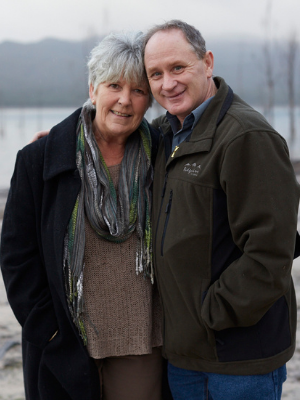
On December 17th, 2011 Ron Gibson knew something was not right. He had been experiencing severe abdominal pain, so bad he decided he would sleep in the spare room so his wife Jan could get a good night’s sleep.
Ron Gibson and his family live in regional Victoria in a small town, Ararat. Ararat appears to have all the services you need, but like most regional cities in Australia, access to specialist health care services is limited.
Ron stayed awake most of that night thinking he may have had a bad case of gastroenteritis. The pain became so excruciating that Ron drove himself to the Ararat hospital where he was told to go home and sleep it off.
‘When I woke up in the morning and saw Ron in more pain then the night before we headed back to the hospital, we knew it was more than just a virus’, Jan recalls.
Ron spent a week in the Ararat hospital without improvement before Jan demanded that the doctor run some tests to find an answer as to why Ron was becoming more and more unwell.
‘The doctors ran some scans which highlighted that I had a 5cm neuroendocrine tumour in the pancreas’ Ron said.
The local doctor referred Ron to a surgeon in Ballarat who then referred Ron to a specialist in Melbourne.
‘He told me it wasn’t looking good and there was nothing they could do for me’ Ron said, ‘the doctor said I may have only six to twelve months left of life’.
Ron and Jan drove the two and a half hours back to Ararat in complete silence, shocked and bewildered that Ron may only have 6 months to live. How on earth were they going to tell their son that his father might not be alive for his 12th Birthday.
The next day Ron received a call from the surgeon, ‘he said he had a meeting with his team, and they were going to operate, we couldn’t believe it’.
Ron and Jan’s life was suddenly turned upside down, with constant trips to Melbourne so Ron could receive the best possible treatment while trying to maintain work and family life balance.
‘It was a big financial drain, driving to Melbourne and seeking accommodation, every time Ron became ill, especially because since Ron’s diagnosis in 2011 he has had 3 operations and copious amounts of follow up appointments’ Jan recalls.
‘Every time Ron had to go down to Melbourne, we needed to take a day off work, find suitable accommodation and organise for our son to stay with family or friends’.
One time when Ron became unwell very quickly, Jan had no other option than to drive him from Ararat Hospital to Melbourne, which was 3 hours away. The only ambulance servicing the 11,000 residents of Ararat was unavailable. Jan knew she was taking a huge risk driving Ron to Melbourne without medical monitoring, but she had no other choice.
Ron’s work colleague and family friend John Barton knows about the struggles people face when becoming ill and having to travel for specialist services.
‘Once you have to move away from home to receive treatment, the family support services aren’t available, the isolation and anxiety creeps in and these families are going through some really trying times, not only by being sick but also being away from their family and their home’.
Ron is currently doing well and wife Jan is mindful that while their experience has been challenging, they have been fortunate to receive expert care and treatment which has led to positive health outcomes. Ron and Jan support the need for change however in ensuring regional patients have greater equality and access to health care services within their local community.
Patient and carer support services
SPECIALIST STAFF SUPPORTING PATIENTS
It’s critical for cancer patients and their carers to receive the right information and resources to support them, at the right time along their cancer journey.
Our dedicated Pancreatic & Upper GI Cancer Nurse can help patients:
- understand a recent diagnosis,
- understand treatment options,
- learn practical ways to manage symptoms,
- connect to supportive services
- make informed choices on how they can live with cancer
Our Patient & Carer Support Manager supports patients and their families with the emotional and practical impact that comes with living with cancer.
We facilitate a series of face-to-face, online and telephone support groups for both patients and carers, that connect people living with an upper GI cancer, to enable them to exchange experiences in a caring environment and to provide support and helpful information to fellow cancer patients and their families.
LIVING WITH PANCREATIC CANCER PATIENT SUPPORT DAYS
An informative series that brings together a team of dedicated health professionals to guide patients from diagnosis through to treatment and management of the disease. Each session provides information on managing symptoms, diet and exercise, mindfulness and more. A webinar execution of one of our support days is currently in development in response to COVID and to enable greater access to this important event.
This program supports families who are experiencing hardship due to the burden of living with upper GI cancers by:
- providing funds to pay for to medical appointments or scans
- providing access to complimentary therapies
- purchasing of medical and mobility equipment
- helping with payment of household bills
- providing accommodation assistance for patients from regional or rural areas of treatment or appointments
- providing transport or travel assistance for patients from regional or rural areas of treatment or appointments
EDUCATIONAL TOOLS & RESOURCES
We provide a range of tools and resources that help inform patients and their loved ones about different aspects of living with an upper GI cancer, from symptoms, through to diagnosis, treatment and beyond. These resources include:
- Dietary Handbook
- Living with Pancreatic Cancer Handbook
- Patient Stories
- Symptoms and Awareness Posters
- Website articles and information
Impact and improved access to education and awareness resources
By improving access to and awareness of our tools, resources, and services in these communities we would hope to see:
- improvements in awareness of symptoms
- faster presentation to GPs for further investigations
- an improvement in the knowledge and ability of GPs to identify symptoms and referral of patients for further testing and diagnosis
- a reduction in crucial delays in the diagnosis and treatment journey
- higher engagement with available tools and resources making patients cancer experience easier to manage
- empowerment of patients and GPs so that they can have better informed conversations about upper GI cancer
- an improvement in referral pathways to cancer specialists
- Identification of familial risk and connection with an early screening program.
Supporting patients and families in the country
Pancare’s Patient and Carer Support Service recognises the need to deliver equitable access to quality patient and support services to improve health outcomes for those living with an upper GI cancer, regardless of where they live.
We are focused on transforming our programs to deliver a modern, technologically advanced service, to remain responsive to the needs of those impacted by upper GI cancers.
This will ensure that patients and carers have access to the latest information and resources, at a time convenient to them. For those living in rural and remote areas, this is of paramount importance.
Access to educational resources and information, through online resources such as webinars, podcasts, Living with Pancreatic Cancer support days and peer to peer support groups will empower patients and carers with important knowledge and capacity to manage their diagnosis more effectively.
Our Specialist Nurse and Patient Support Telehealth Service will further enhance these online programs, by providing expert advice and information to improve quality of life, from point of diagnosis through treatment and beyond.
Furthermore, awareness campaigns which highlight the signs and symptoms of upper GI cancers and availability of Pancare programs and support services will seek to address the current gap and improve outcomes for all those impacted.
REGIONAL & REMOTE COMMUNITY DELIVERY CHALLENGES
One of our key strategic goals is to provide equitable access to our services across the country. While we are in the process of implementing a digital transformation project that will enable us to scale our service into these communities more rapidly, current funding limitations has meant that we have limited capacity to specifically target regional and remote communities. Awareness of our services and resources within these communities must increase to ensure they have the same chance at positive outcomes as their metro counterparts.
If you would like to support this important work, please consider donating.
Further information, sources and resources:
https://www.viccompcancerctr.org/about-vccc/regional/
Sources:
Australian Institute of Health & Welfare, Rural & Remote Health, 2019 https://www.aihw.gov.au/reports/rural-health/rural-remote-health/contents/rural-health
Australian Institute of Health and Wellness, Cancer in Australia, 2019 https://www.aihw.gov.au/reports/cancer/cancer-in-australia-2019/data
Australian College of Nurses, The experience and challenges of rural persons with cancer and their families, October 31 2019. – https://www.collegianjournal.com/article/S1322-7696(19)30201-X/fulltext
Challenges and Opportunities for Cancer Care in Regional Australia: The Health Professional´s Perspective, F. Crawford-Williams1*, B. Goodwin1, S. March1, M. Ireland1, S. Chambers2, J. Aitken3, J. Dunn1, 1 University of Southern Queensland, Springfield Central, Australia; 2 Menzies Health Institute Queensland, Southport, Australia; 3 Cancer Council Queensland, Brisbane, Australia – https://ascopubs.org/doi/abs/10.1200/jgo.18.91700
Clinical Oncological Society of Australia, Cancer Council Australia, Bringing multidisciplinary cancer care to regional Australia https://www.cosa.org.au/media/1055/cosa_report_bringing-multidisciplinary-cancer-care-to-regional-australia_2009.pdf
Read more . . .

